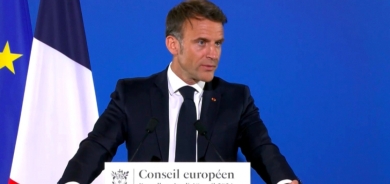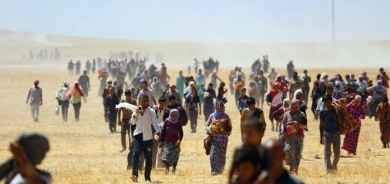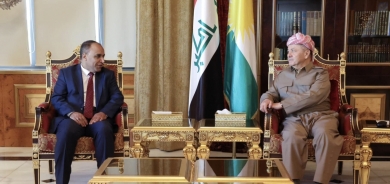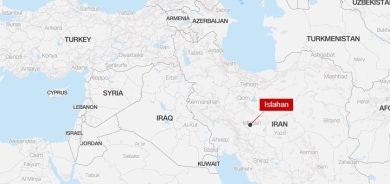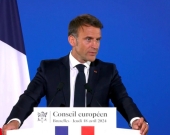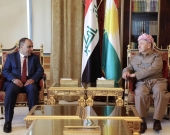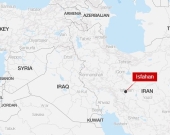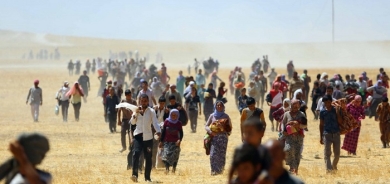Turkish Elections: Erdoğan Leads in Contested Vote Amid Allegations of Uneven Playing Field
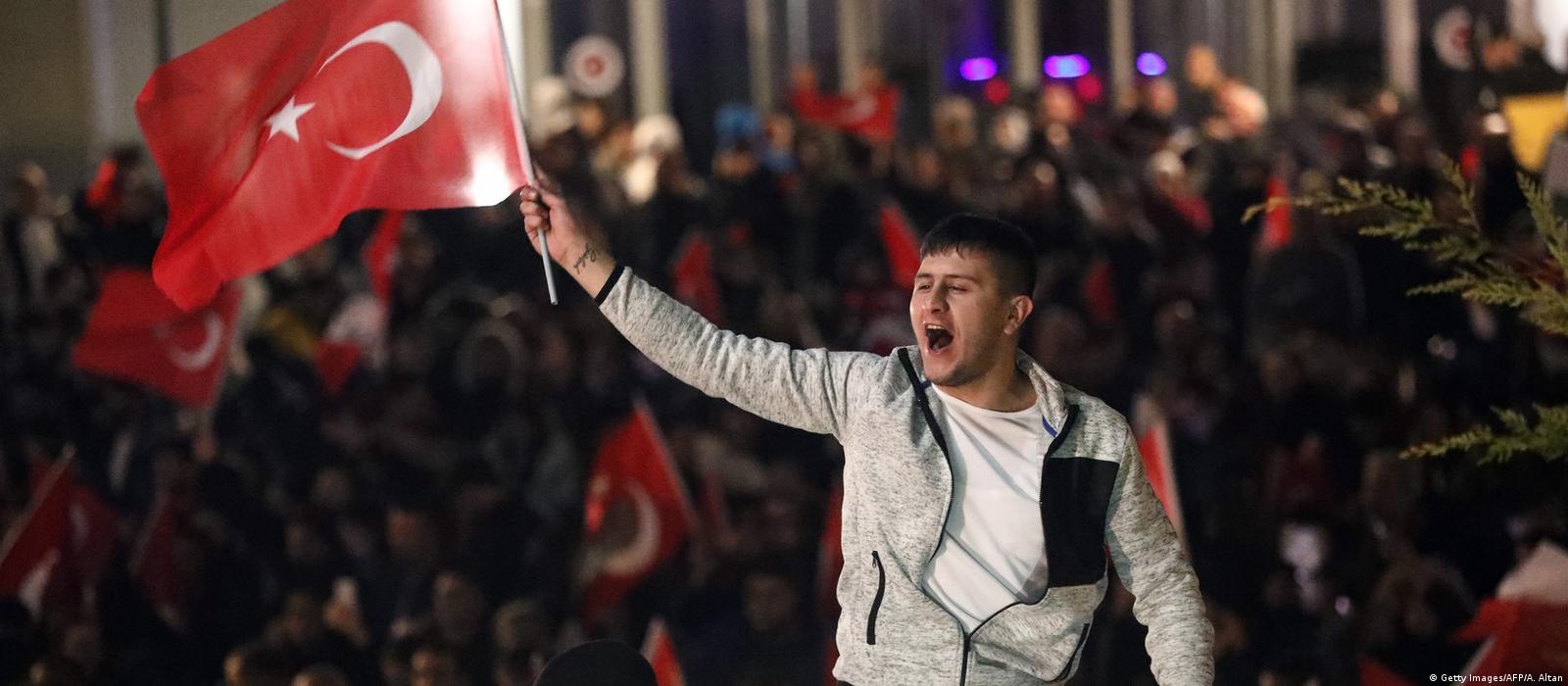
Turkish voters turned out in large numbers on Sunday, with over 90% of eligible voters participating in the elections. The results proved to be a mixed victory for President Recep Tayyip Erdoğan and a major setback for the main opposition, who had high hopes of regaining power after more than two decades.
An Organization for Security and Cooperation in Europe (OSCE) report acknowledged that the elections were "well managed" but highlighted an uneven playing field. It noted that the incumbent president and ruling parties enjoyed an unjustified advantage, including biased media coverage. Restrictions on fundamental freedoms and the limited participation of opposition politicians, civil society, and independent media hindered the election process. The campaign was competitive but marked by intense polarization, harsh rhetoric, and concerns of pressure and intimidation faced by one opposition party. Transparency, communication, and independence of the election administration were also called into question.
During the early hours of vote counting, concerns arose over potential direct voter suppression. State news agencies reported very high returns for Erdoğan early on, while the ruling party filed numerous complaints about possible improprieties in ballot boxes, particularly in opposition strongholds. These efforts seemingly aimed to create an atmosphere of inevitability around an Erdoğan victory and provide the government time to respond if the opposition gained ground.
Ultimately, no further intervention was needed, as Erdoğan secured a lead over the opposition candidate for president, Kemal Kılıçdaroğlu, by nearly 5 percentage points. Kılıçdaroğlu received 44.88% of the vote compared to Erdoğan's 49.51%. A third-party candidate, Sinan Oğan, gained just over 5% of the vote. A run-off election between Kılıçdaroğlu and Erdoğan is scheduled for May 28 to determine the presidency.
In the parliamentary elections, Erdoğan's Justice and Development Party (AKP) experienced a drop in votes but remains the largest party in parliament. The losses were partially offset by the better-than-expected performance of its coalition partner, the Nationalist Action Party (MHP), which now holds the position of the third-largest party in parliament.
Erdoğan's popularity has undoubtedly taken a hit, evident in his forced run-off election, a first for him. Nevertheless, he retains control of parliament, and his coalition's dominance allows him to argue that a Kılıçdaroğlu victory would lead to a political stalemate. Moreover, the results indicate a surge in nationalist sentiment, benefiting Erdoğan. While both candidates can appeal to this electorate, Kılıçdaroğlu's success relies on Kurdish support. Without them, he cannot win, but their support may deter some nationalist voters from backing him.
As the election process unfolds, allegations of an uneven playing field and concerns about fundamental freedoms persist. The Turkish electorate eagerly awaits the run-off election and the potential implications for the country's political future.
By Kobin Ferhad

